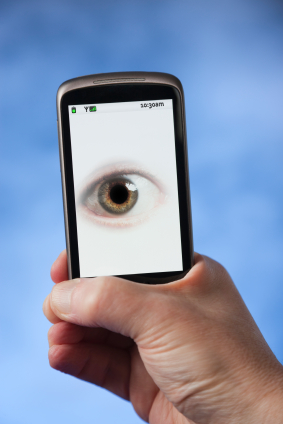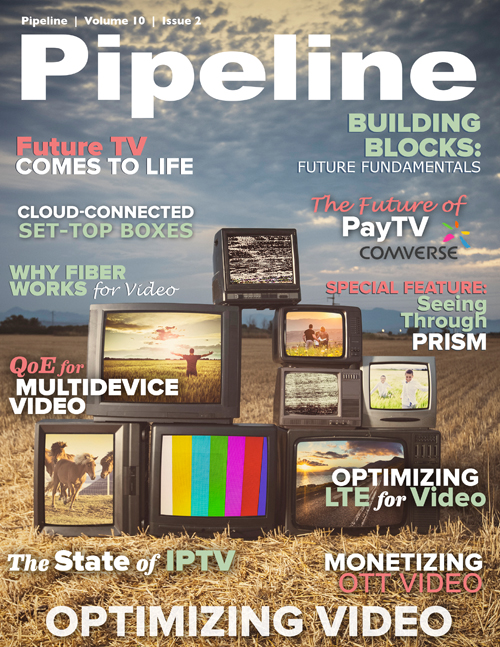Seeing Through PRISM
By: Jesse Cryderman

Nothing stirs emotions in a country built on the pillars of freedom of speech and personal privacy like the specter of unwarranted government surveillance; intrusions into liberty vibrate in dissonance against the ideals that shape the American identity. So it was no surprise that all eyes turned to the business practices of communications service providers (CSPs) after Edward Snowden, a former contractor for the National Security Agency (NSA), alleged in early June that AT&T, Sprint, Google, Skype, Facebook, and many other companies had violated the public trust by participating in a secretive effort aimed at capturing and recording all communications data.
According to Snowden, the NSA-led initiative, code-named PRISM, grants the US government direct access to telecommunications network cables, enabling the NSA to funnel off all packets of data, whether they connect suspected criminals or the wholly innocent, for analysis and storage by government entities.
The accused companies vehemently deny knowledge of PRISM or backdoor access for the government, but they may not be legally permitted to respond in any other way. In some cases the NSA has issued a National Security Letter (NSL), which prevents the recipient from even acknowledging its participation in an investigation; Verizon, for one, is rumored to have received such a letter. Not to mention that one could speculate that some organizations such as Google and Facebook may not be fully aware how the government is obtaining information from them, what information it is able to access, or how it is using the information it gathers.
Snowden made similar claims about the UK spy agency GCHQ, or Government Communications Headquarters, which allegedly operates a program named Tempora that accesses the world’s communications backbone to intercept, record and analyze calls and messages. While seeking asylum in Hong Kong last month, Snowden also accused the NSA of infiltrating Chinese communications networks, and claims he has more evidence to release.Scary Orwellian stuff, to be sure, but do the numbers add up? Insiders claim the US government intercepts three billion calls every single day, while Verizon’s landline business alone handles one billion a day. Add in landline and cellular traffic from the other large CSPs, combine it with the countless conversations initiated over Skype, Facebook and Google Chat, and if the claims are true, it would appear that more communication is falling through the net than being captured.
On the other hand, the platform already appears to be in place to launch a blanket surveillance program of virtually every American citizen. As Pipeline reported last July, the feds have the space to store and process every digital transmission in the country, and maybe more. The current Big Data and analytic solutions on the commercial market offer the power and scalability to crunch billions of records per day. And if the cold war’s history has taught us anything, it’s that the US government has the best tools on the block and that the private sector generally innovates upon government technology, versus the other way around.
But take this into context with the current administration's zealous support to expand broadband connectivity to all homes in America, the extension of the Patriot Act, centralization of executive power, consolidation and sharing of government databases, strong government influence in everything from NG9-1-1 and smart grid standards, authorized drone strikes against US citizens on US soil (later revised to only include those "who are actively engaged in combat against the US"), and one may have cause to worry. Even if the current administration isn't dead set on a totalitarian regime, the tools are probably already in place for any future administration that is.
But without further details, it’s hard to know exactly how all this data is being analyzed. Perhaps everything down to digital pocket lint is, in fact, collected, then analyzed anonymously with a Big Data solution that tosses out qualified leads for investigators. If you believe Snowden, however, the truth is much darker, and he isn’t alone: three former NSA officials who’ve also alleged widespread government surveillance—Thomas Drake, William Binney and J. Kirk Wiebe—say Snowden has succeeded where they failed in the previous decade.





















